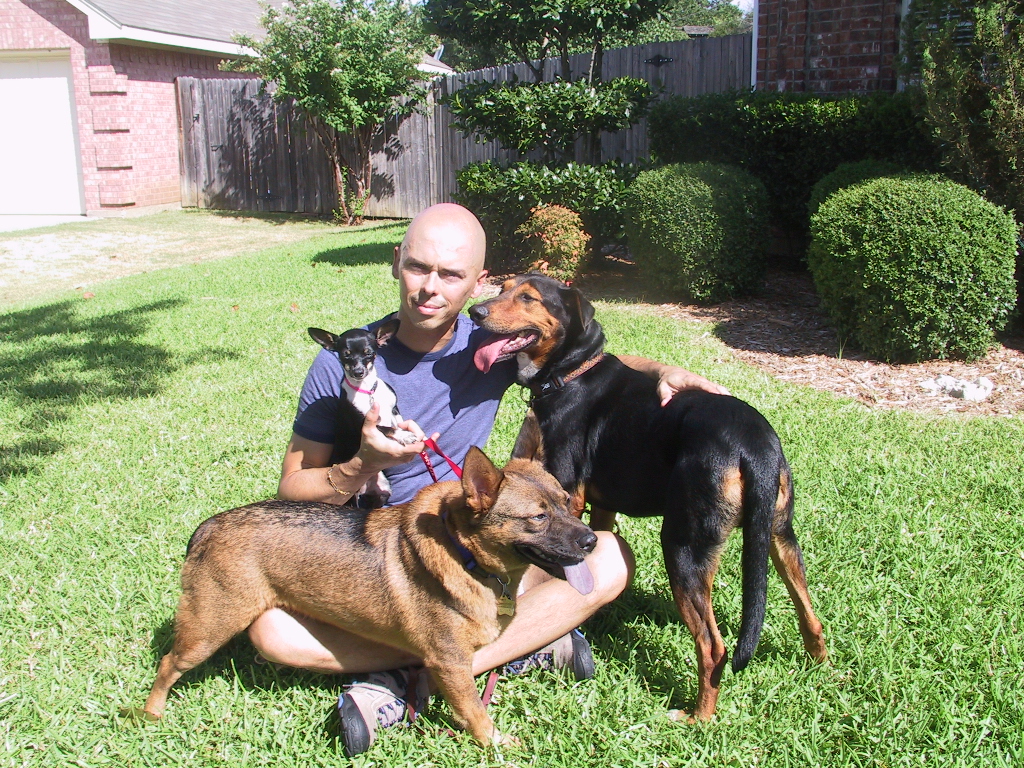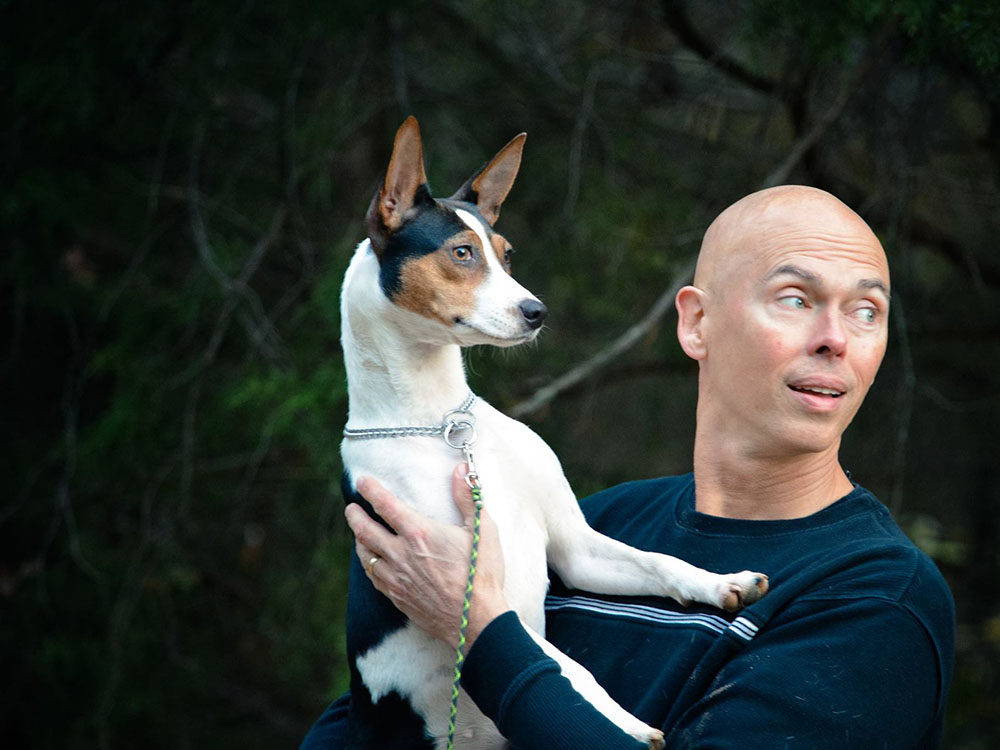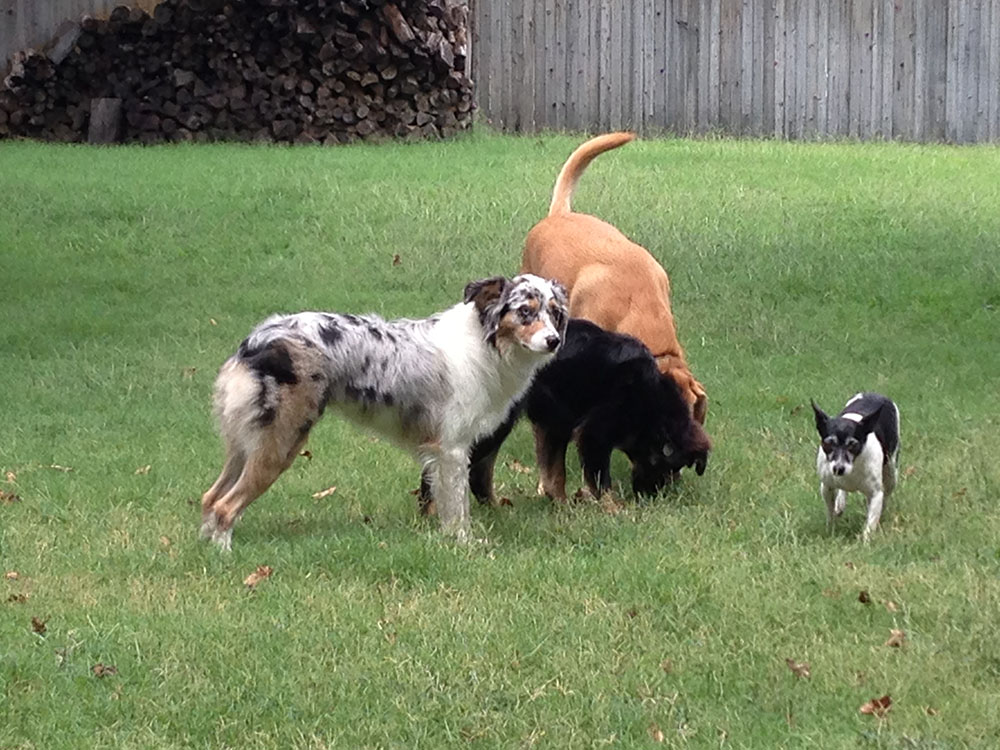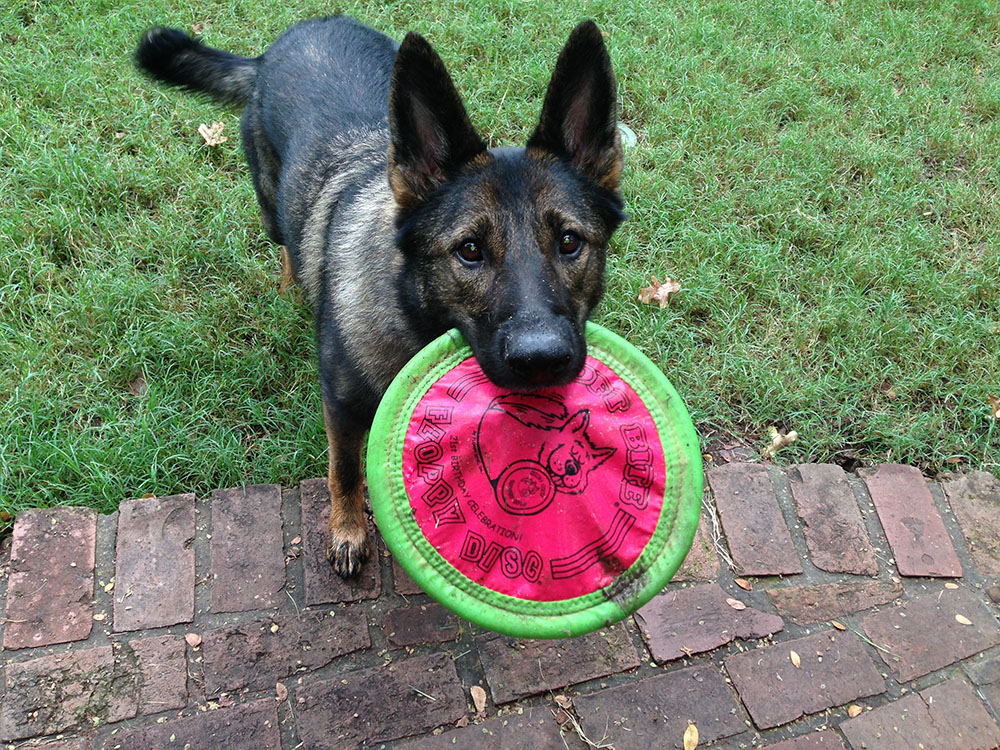Dog Training with a Difference in Dallas TX
Let’s change your dog – for good!
Dog Training Services
Thank you for dropping in to visit Redeeming Dogs, my name is Tod McVicker. You are here trying to take your relationship with your dog to the next level, improve communication, and remove dysfunction.
Training Methods
Redeeming Dogs uses many different techniques for training and behavior modification, but we only use one method of training when electronic collars (e-collars) are necessary as the right training tool.
Board & Train
If you dream of having on and off leash control of your dog then a 21 day board and train program may be for you. Unlike many board and train facilities, I do not take more than two client dogs in for training at a time.
Training at Your Home
I will come to your home and show you how to communicate with your dog, and we stop problem behaviors together – usually within the first hours of arrival. You will see amazing progress within the visit.
Puppy Training
You will start training your puppy the moment you meet it – but will you intentionally be training for good behaviors, or letting random situations and inconsistent treatment “train” your puppy with bad habits

Your Professional Dallas Dog Trainer
About Tod McVicker IACP CDT/PDTI/CDTA
I began showing Cardigan Welsh Corgis in AKC confirmation around 1987. After many years spent with dogs, I realized that I had a special aptitude, a gift, for aligning dogs with their masters and other dogs.
After I turned over control of my life to my “Good Master”, I found a clear calling to follow this path – to help owners and dogs break down the walls and repair these relationships. My wish is to create for you the correct role as Leader and move your dog to the role of a trusting pack member.
Service Areas
Redeeming Dogs offers Professional Dog Training Services throughout the greater Dallas and Forth Worth Metro Area.
Dog Training Videos & Photos
A picture is worth a thousand words. See videos and pictures of happy dogs in training.

How to Socialize Your Puppy

Dog Pack Socialization – Sprite leads the chase!

Hank the Black Mouth Yellow Cur has house Manners
Why Choose Redeeming Dogs in Dallas Texas?
Let us help take your relationship with your dog to the next level, improve communication, and remove dysfunction. You CAN do this, but only if you understand how to work with your dog.

